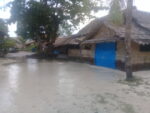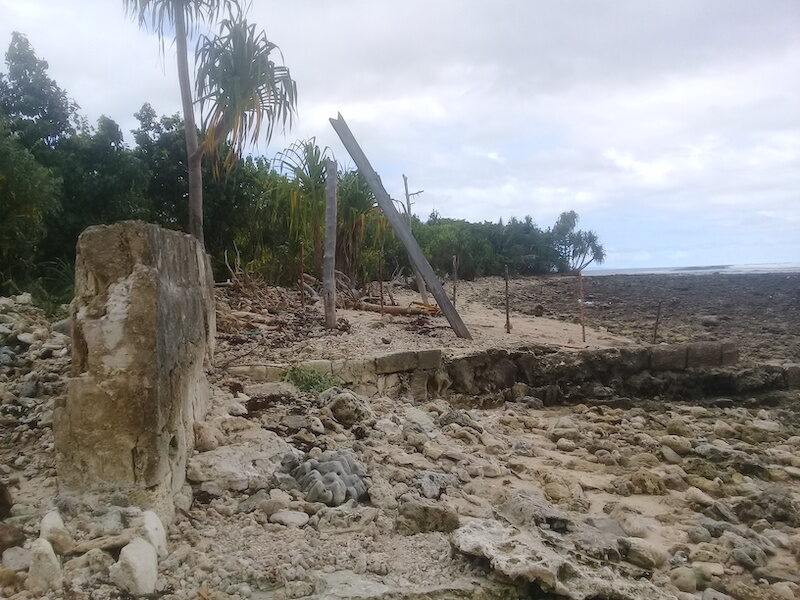ABM Archive Website
THIS WEBSITE CONTAINS ARCHIVE MATERIALS FOR HISTORICAL REFERENCE ONLY
For up-to-date information, including our latest appeals, news, and resources, please visit our current website.
A DISASTER PREPAREDNESS COURSE THAT BRINGS TOGETHER THE WHOLE ANGLICAN COMMUNION
September 20, 2021

Imagine a disaster preparedness course that gathers participants from right around the Anglican Communion and garners support from the highest levels of the church. That’s the ‘Resilience Course’.
Since October 2020, over 140 people from 42 countries representing 23 Provinces have joined the course. Anglican Alliance and Episcopal Relief & Development made a video that highlights the ability of the course to bring together so many parts of the Anglican Communion.
The course covers topics such as vulnerable groups, gender, mental health and the role of the church in disaster response. It is an online course, using the Zoom platform that some had never even heard of in the pre-COVID era. The course is led by Anglican Alliance and Episcopal Relief & Development. Other Anglican agencies, including ABM and some of our local partners (including the Church of the Province of Myanmar and E-CARE in the Philippines), have co-facilitated some sessions. Several other ABM local partners, including IFI-VIMROD, the Council of Anglican Provinces of Africa (CAPA), ACOM Vanuatu and ACOM Solomon Islands, have provided keynote speakers for sessions.
The Resilience course participants have also been asked to describe a disaster hazard that is currently facing their country and to explain their plans to mitigate the threat. Over 50 learners in more than 30 countries are working on resilience strategies and plans, giving real impact to the course. One participant, Freda Fataka from ACOM Solomon Islands, wrote:
The submerging of the artificial island of Walande had been caused by the impacts of sea level rise, coastal flooding, erosion and saltwater intrusion. The current situation of Walande is merely one example of a coastal community crises, affected by the unpredictable weather extremes. [In other islands], local food gardens are also affected and so is food security and production.
Below are specific strategies and responsibilities that I propose should be in place to fight climate change.
- Development of effective policy guidelines that focus on; climate change disaster preparedness, response and recovery
- Awareness teaching and training program; We need to engage each and individual in the rural communities, schools and institution to participate in learning and trainings to help understand environmental changes and challenges concern so that appropriate decision can be made.
- Undertake adaptation and mitigation strategy to reduce carbon dioxide emission from atmosphere and to adjust to the changing environment. This can be done through climate change disaster vulnerability assessment. The assessment should be more informative and realistic which would provide a holistic information for appropriate and effective analysis.
The next step for Freda will be to build on the above strategies by planning specific activities. The next step for ABM will be to find how we can support the expansion of the Resilience course.
The Resilience course allows representatives from ABM and other Anglican agencies around the world to share ideas and build stronger personal and institutional relationships. We will all be better placed to face the next disaster.
You can watch the video here:
https://www.youtube.com/watch?app=desktop&v=1eg6Arb-eRU&feature=youtu.be&ab_channel=AnglicanAlliance
 Fanalei Coastal Community in South Malaita experiences salt-water flooding.
Fanalei Coastal Community in South Malaita experiences salt-water flooding.
© Freda Fataka, ACOM Solomon Islands. Used with permission.
 Sea-water incursion devastates Fanalei Coastal Community in South Malaita in the Solomon Islands.
Sea-water incursion devastates Fanalei Coastal Community in South Malaita in the Solomon Islands.
© Freda Fataka, ACOM Solomon Islands. Used with permission.


